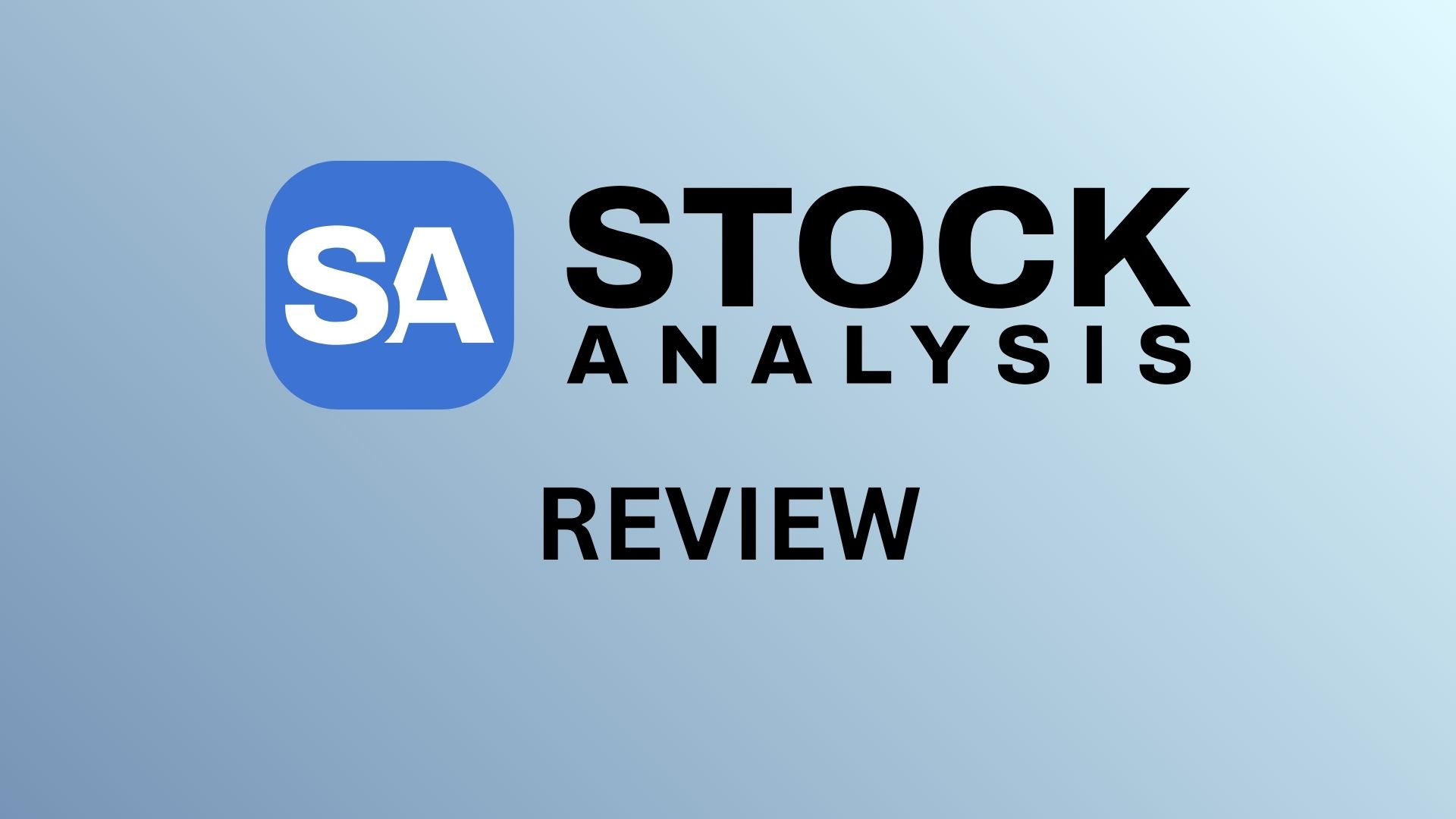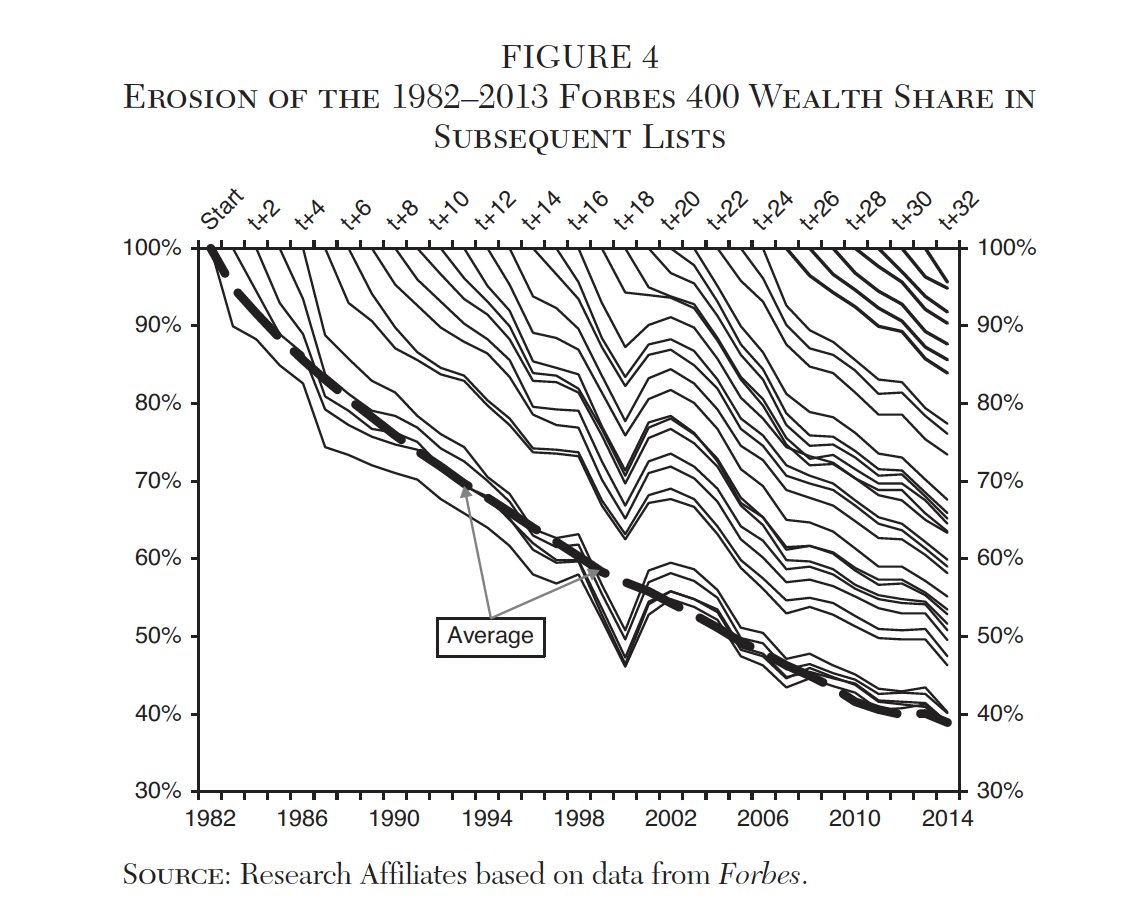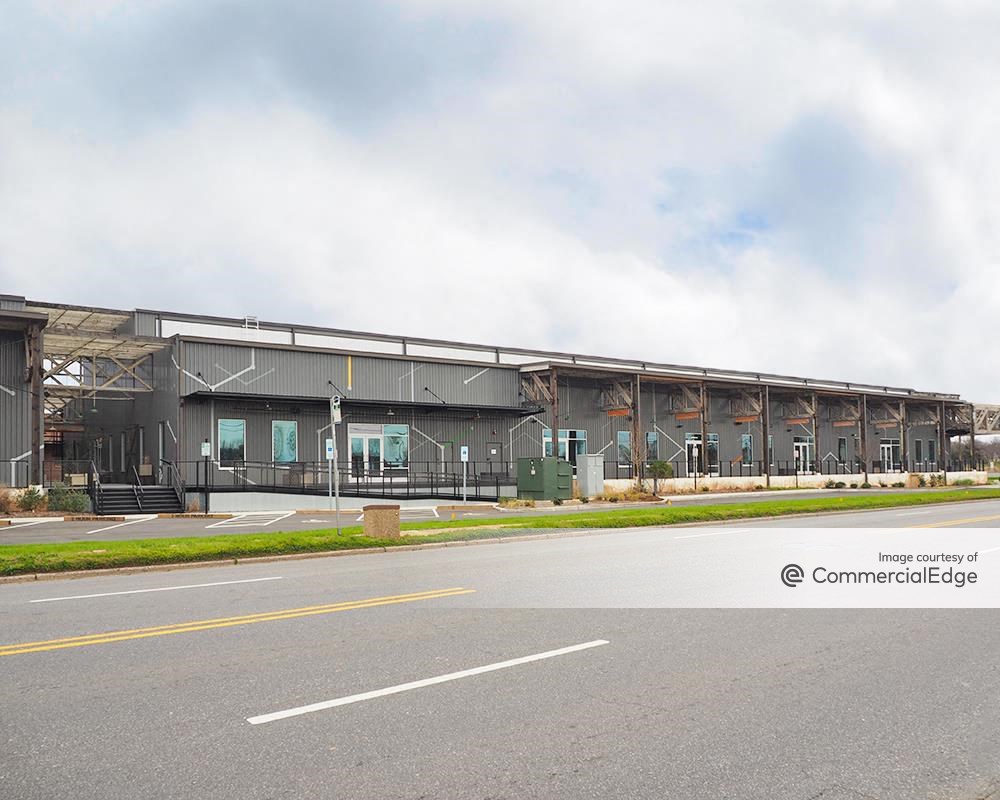ACRES Commercial Realty Corp. (NYSE:ACR) Q4 2022 Earnings Conference Call March 2, 2023 5:00 PM ET
Company Participants
Kyle Brengel – VP
Mark Fogel – President and CEO
Dave Bryant – CFO
Andrew Fentress – Chairman
Conference Call Participants
Stephen Laws – Raymond James
Steve Delaney – JMP Securities
Operator
Good day, ladies and gentlemen, and welcome to the Fourth Quarter 2022 ACRES Commercial Royalty Corp. Earnings Conference Call. Currently, all participants are in a listen-only mode. Later we will conduct a question-and-answer session with instructions to follow at that time. [Operator Instructions] As a reminder, this call is being recorded.
I would now like to introduce your host for today’s conference, Kyle Brengel, Vice President. You may begin.
Kyle Brengel
Good afternoon and thank you for joining our call. I would like to highlight that we have posted the fourth quarter earnings presentation to our website. This presentation contains summary and detailed information about the quarterly and year end results of the company.
Before we begin, I want to remind everyone that certain statements made during this call are not based on historical information and may constitute forward-looking statements.
When used in this conference call, the words believes, anticipates, expects, and similar expressions are intended to identify forward-looking statements. Although the company believes that these forward-looking statements are based on reasonable assumptions, such statements are based on management’s current expectations and beliefs and are subject to several trends, risks, and uncertainties that could cause actual results to differ materially from those contained in the forward-looking statements.
These risks and uncertainties are discussed in the company’s reports filed with the SEC, including its reports on Forms 8-K, 10-Q, and 10-K, and in particular, the risk factors section of its Form 10-K.
Listeners are cautioned not to place undue reliance on these forward-looking statements, which speak only as of the date hereof. The company undertakes no obligation to update any of these forward-looking statements.
Furthermore, certain non-GAAP financial measures may be discussed on this conference call. Our presentation of this information is not intended to be considered in isolation or as a substitute to the financial information presented in accordance with GAAP.
Reconciliations of non-GAAP financial measures to the most comparable measures prepared in accordance with Generally Accepted Accounting Principles are contained in the earnings presentation for the past quarter.
With me on the call today are Mark Fogel, President and CEO; and Dave Bryant, ACRES’ CFO. Also available for Q&A is Andrew Fentress, Chairman of ACR.
I will now turn the call over to Mark.
Mark Fogel
Good afternoon everyone and thank you for joining our call. Today, I will provide an overview of our loan originations, real estate investments, and the health of the investment portfolio, while Dave Bryant will discuss the financial statements, liquidity condition, book value, and operating results for the fourth quarter. Of course, we look forward to your questions at the end of our prepared remarks.
The ACRES team continues to execute on our business plan by selectively originating high-quality investments, actively managing the portfolio, and continuing to focus on growing earnings and book value for our shareholders.
We originated one $18 million new multifamily loan commitment in the fourth quarter. Loan payoffs during the period were $114.6 million and net funded commitments during the quarter were $22 million, producing a net decrease to the portfolio of $74.6 million.
The newly originated loan pays coupon interest at one-month SOFR plus a weighted average spread of 4.8%. The weighted average spread of the floating rate loans and our $2.1 billion commercial real estate loan portfolio increased to 3.78% over the one-month benchmark rates. We expect to maintain an investment portfolio of $2 billion to $2.3 billion through 2023.
Finally, a few comments on balance sheet items as we know this topic is top of mind for many investors given the recent market volatility and base rate increases. During the quarter, the company finalized terms with MassMutual under its non-mark-to-market agreement to upsize the commitment to provide for individual loan series, which will each have five-year term for the date — from the date of issuance.
The company as well has lines open with JPMorgan and Morgan Stanley with performing collateral on each. In addition, we have had the reinvestment window available on our two ACR securitizations through May 2023 and December 2023.
The bulk of the company’s current portfolio was originated in 2021 and 2022, comprising 84% of the current par balance and have initial maturities of 2024 or later and extended maturities of 2026 or later. The portfolio generally continues to perform, demonstrating sound and consistent underwriting and proactive asset management.
We ended the quarter with $2.1 billion of commercial real estate loans across 82 individual investments. As of December 31st, 2022, there were five watch-list loans, including three delinquent loans representing 5.4% of the portfolio. This represents a decrease from December 31st, 2021, at which there were 11 watch-list loans, representing 8.1% of the portfolio.
In January 2023, one watch-list loan on a hotel portfolio in the Southwest region with a par value of $56.5 million was paid off in full, which reduced the value of our watch-list loans in half as compared to year-end 2022.
We had one specific credit event during the quarter. We reserved 100% against the remaining mezzanine loan from our acquisition of the company in 2020. The mezzanine loan has a par value of $4.7 million and the underlying collateral is an office property in the Northeast region.
As ACRES does not originate mezzanine loans, you should not expect to see investments in this part of the capital structure again. We continue to hold four investments in real estate that we expect to monetize at gains in the future. These anticipated gains will be offset by the existing NOL carryforwards with equity retained and reinvested into the loan portfolio.
In February 2023, we sold one hotel asset located in Plymouth Meeting, Pennsylvania, with a basis of approximately $14 million that we received through a foreclosure in July 2022. We expect to record a modest gain on the sale in the first quarter of 2023.
In summary, the ACRES team is pleased with the quality of the investment portfolio, including investments in real estate, along with the improved balance sheet profile, and the prospects for new originations and capital appreciation going forward.
We will now have ACR’s CFO, Dave Bryant, discuss the financial statements and operating results during the fourth quarter of 2022.
Dave Bryant
Thank you, Mark and good afternoon. GAAP net loss applicable to common shares in the fourth quarter was $7.4 million or $0.87 per share. Our guidance was for between $0.10 and $0.20 per share of GAAP net income for the year, and we ended 2022 with a $1 net loss, which was largely a result of the $1.28 per share of CECL reserves recorded in the fourth quarter.
The company recorded a fourth quarter increase in CECL reserves of $11 million. The increase includes $6.5 million attributable primarily to a decline in the macroeconomic outlook and a specific provision to fully reserve the previously mentioned mezzanine loan with a par value of $4.7 million.
The total allowance for credit losses at December 31st was $18.8 million, which represents 0.91% or 91 basis points of the $2.1 billion loan portfolio at par. Earnings available for distribution or EAD for the fourth quarter were $0.60 per share.
GAAP book value per share decreased to $24.54 on December 31st from $25.08 on September 30th. Available liquidity at December 31st, 2022, was approximately $118 million, which comprised approximately $66 million of unrestricted cash, $14 million of projected financing available on unlevered assets, and $38 million of re-investable cash available in CRE securitizations.
Our GAAP debt to equity leverage ratio decreased marginally to 4.2 times on December 31st from 4.3 times on September 30th. Our recourse debt leverage ratio also decreased marginally to 1.4 times on December 31st from 1.5 times on September 30th. The decreases to the leverage and recourse debt leverage ratios were primarily due to decreased borrowings on our bank term facilities as a result of net loan payoffs during the period.
Turning to results from the company’s real estate investments. Net loss from real estate investments remained relatively flat at $369,000 in the fourth quarter. Included in the fourth quarter property operating loss was approximately $811,000 of noncash depreciation and amortization.
Focusing on G&A, the fourth quarter expense of $2.6 million versus third quarter of $2.1 million reflects the seasonality for quarterly G&A, primarily due to the incurrence of the year end audit expense.
Regarding share repurchases, during the fourth quarter, the company used $934,000 of the share repurchase plan to redeem 98,000 shares at an approximate 61% discount to book value per share on December 31st. There is approximately $7.2 million remaining on the Board-approved program at year end.
With net loan growth of $190 million in calendar year 2022, we expect to have net income and for our earnings available for distribution to remain positive and steadily grow in 2023.
Of note, we expect to see a reduction in EAD during the first quarter of 2023, driven primarily by the seasonality in G&A expenses and hotel operations, along with anticipated net loan payoff activity.
We currently project that the company will produce GAAP income in a range of $1.25 to $1.75 per share and EAD in a range of $1.75 to $2.25 per share for the calendar year 2023.
Our projection remains subject to benchmark rate volatility, loan payoff volume, CECL reserve adjustments and other nonrecurring or unexpected items that may arise during the year.
Now, I will turn the call to Andrew Fentress for closing remarks.
Andrew Fentress
Thank you, Dave. As we close the fourth quarter on a productive year at ACRES, we want to recognize the entire extended team and say thank you to everyone that works to deliver these results. We also want to recognize our shareholders for trusting us to execute on our strategy. We remain committed and available at any time for questions and requests for information.
As I’ve said previously, we are mindful of the changes in the rate market and corresponding volatility in asset prices has created a heightened sense of anxiety. As you’ve heard from our CEO, Mark, and CFO, Dave, the company is performing well, has a strong portfolio, ample liquidity, and is managed by a team of professionals, who have been through several cycles during their careers.
We remain vigilant in our mission to deliver shareholders’ value over the long term. We do this by investing in and managing high-quality assets that will produce stable and growing book value for our shareholders.
This concludes our opening remarks and I’ll now turn the call back to the operator for questions.
Question-and-Answer Session
Operator
Thank you. We will now begin the question-and-answer session. [Operator Instructions]
And the first question will be from Stephen Laws from Raymond James. Please go ahead.
Stephen Laws
Hi, good afternoon. I guess first off, congratulations on the nice quarter. I know GAAP was impacted by CECL, but net interest income looks really solid on what smaller portfolio than I was looking for and a solid distributable earnings number. So, a nice close to the year.
Having said that, can you talk about, Mark, a little bit about your near-term appetite investments versus repayments, repayments outstripped new originations or outpaced a little bit in Q4? How are you thinking about that in the first half of the year? Should we expect the portfolio size kind of flat, net down, net up, as we look out over the next couple of quarters?
Mark Fogel
Hey Steve, thanks for the comments. We expect through the — at least the first half of this year, probably throughout the year to remain relatively flat with respect to net production.
Stephen Laws
When you’re looking at the turnover there, I know you talked about there’s not a lot of turnover, but with the replenishment, kind of where are you putting new assets spreads today versus things you’re seeing paying off?
Mark Fogel
So, for the most part, you’re seeing loans paying off that are probably spreads of 3.5% to 4.5%. Today, we’re putting spreads on the books that are between 4.5% and 5.5%.
Stephen Laws
Okay. So, a little bit of pick up there on the turnover?
Mark Fogel
Little bit.
Stephen Laws
And I wanted to touch base, maybe a clarification first. I think on the real estate page in the deck, the footnote mentions an asset that was sold subsequent to year end. Is that the same one you referenced in your prepared remarks that’s going to lead to a small, I guess, gain in Q1?
Mark Fogel
That’s correct, it was a small limited service hotel in Pennsylvania.
Stephen Laws
Great. Just wanted to make sure it was the same asset. Great. Appreciate the comments. Thank you.
Mark Fogel
Thanks Steve.
Operator
[Operator Instructions] The next question is from Steve Delaney from JMP Securities. Please go ahead.
Steven Delaney
Hello, Mark, Dave, and Andrew. Nice to be with you this evening. You mentioned the CECL reserve at $18.8 million at year end. and I jotted down a figure of $6.5 million. Was that intended to be the specific reserve within the $18.8 million?
Mark Fogel
Go ahead, Dave.
Dave Bryant
Yes. Sorry, Mark. So, Steve, the $11 million was the period expense and reserve. $6.5 million of that was general reserve, primarily caused by a worsened macroeconomic outlook.
Steven Delaney
— was general, right. Okay.
Dave Bryant
The other $4.5 million got the mezzanine loan to a full reserve of $4.7 million. So, I previously had a couple of hundred thousand done through the CECL model, but now that we are evaluating that loan specifically, we added $4.5 million to it and got it to the full reserve of $4.7 million.
Steven Delaney
Got it. So, as of — now that that has gone, are there any more specific reserves on your books as we sit here today?
Dave Bryant
None as we sit here today.
Steven Delaney
Excellent. Okay. Your guidance–
Dave Bryant
That was the only mezzanine loan we had on our books.
Steven Delaney
Understood. You’ve got that. So, everything is first speed now. Got that. So, thank you for the guidance for the full year.
In the EAD, which is actually higher than your GAAP. GAAP, I guess, is certainly going to reflect any additional CECL reserves that you have to put up. Within your EAD, are you trying to build in any expectation for realized losses that might occur in the year, which would then reduce EAD?
Dave Bryant
There may be a small amount of that, Steve. It’s not a particularly meaningful number. I would say that the biggest assumption in that guidance is that we expect — we’re keeping the CECL reserve at that 91 basis point level that we ended the year at. Of course, that could change during 2023, but we don’t know enough now to meaningfully or accurately predict what that might be.
Steven Delaney
I understand. So, the consensus you’ve got is with the 91 basis point CECL reserve will be sort of a constant within that is what I’m hearing you say, David.
Dave Bryant
Correct.
Steven Delaney
Okay, great. Okay. And just stepping back, 1 kind of big picture thing. We are in a different market today than we were maybe six months ago in terms of commercial real estate, certainly 12 months ago.
The capital loss carryforward you have, just speaking with several of you over the last year or so, the thought is that it probably is hard real estate that is the asset class that will generate potential capital gains.
I’m curious in this less certain market, how proactive you may be and what you’re seeing in attractively valued commercial real estate properties that you might decide to invest in, in order to hopefully utilize your capital loss carryforward? Thanks.
Mark Fogel
Steve, thanks for the question. I wouldn’t expect us to be too active in going after additional equity investments. I think what we have for now is what we’ll stick with for the remainder of the year at least.
Our business is making commercial mortgage loans and not really making equity investments. So, I would think that if there is distressed opportunities out there, it’s probably not something that we’re going to be going after.
Steven Delaney
Got it. Well, thank you for the comments.
Mark Fogel
Thank you.
Operator
Ladies and gentlemen, this concludes our question-and-answer session. I would like to turn the conference back over to Mark Fogel for any closing remarks.
Mark Fogel
Well, thank you, everybody, for joining us today. We appreciate everybody’s support, and we look forward to speaking again in the first quarter of 2023 and hopefully, having some robust earnings to discuss. Talk soon.
Operator
Thank you, sir. The conference has now concluded. Thank you for attending today’s presentation. You may now disconnect.
















